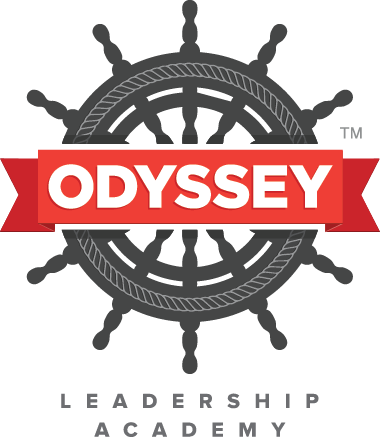COURSE:
LANGUAGE OF JUSTICE
ABOUT:
We read to understand the world; we write and speak to change it. But how can writing change the world? In this fundamentals course, students review basic grammar and punctuation as they learn how nouns, verbs, commas, and more affect issues of justice in the world. Students become familiar with such spheres of justice as race, education, immigration, environment, and others through short readings in class and guest speakers.
READINGS:
Wonder by R. J. Palacio
Short stories by Sandra Cisneros, Walter Dean Myers, and Toni Cade Bambara
Poetry from Paul Laurence Dunbar and Maya Angelou
Speeches from Aung San Suu Kyi, Elie Wiesel, Martin Luther King, Jr., and Malala Yousafzai
“In 20 years, I will remember what we learned about how words change the world.”
COURSE:
Life and Writings of C.S. Lewis
ABOUT:
What is it about British literary scholar and author C. S. Lewis—the Oxbridge don and self- described “very ordinary layman of the Church of England”—that touches millions of readers so deeply? In this Exploration course, students read from such classic Lewis works as The Four Loves, The Inner Ring, The Voyage of the Dawn Treader, Surprised by Joy, and Mere Christianity, in order to learn from what C.S. Lewis wrote, how he used literary devices to move and persuade readers, and who he was as man. This course invites students to high level reading and comprehension and to grapple with various personal, moral, theological, and philosophical issues.
Channing's spoken word
“Community is necessary in our lives, while isolation acts as soil to the roots of evil.”
COURSE:
The Hero’s Journey
ABOUT:
In this Exploration course, students study the works of Joseph Campbell on mythology as they explore the path of heroes across time and cultures. They wrestle with what Campbell calls the “monomyth”—the one great story we tell as humans over and over again—to examine their own lives in light of the hero’s cycle. By studying the hero’s journey, students see the pattern of the hero as one recurring throughout both ancient myths and modern popular culture.
READINGS:
This course examines everything from The Odyssey to Star Wars, The Alchemist to popular literature and movies as a means of understanding such timeless archetypes as the abyss, the shadow-self, mentors, atonement, and heroic transformation in order to answer: What are the qualities of a hero? What makes one heroic? How do heroes respond to obstacles? and Why is the hero’s journey meaningful?


